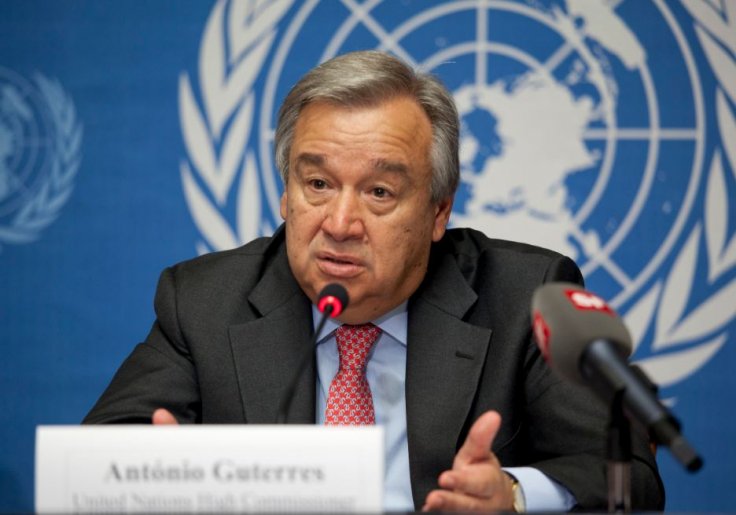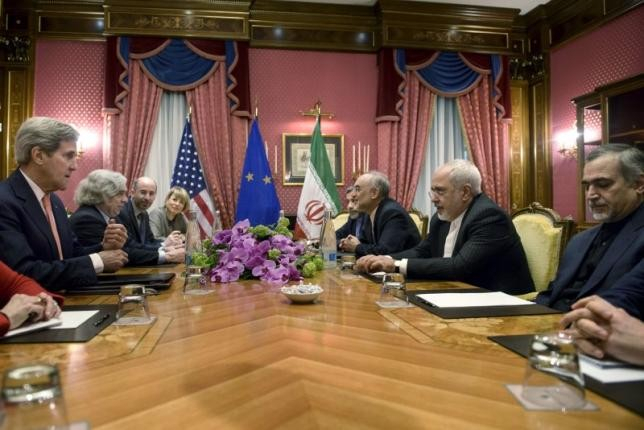Just a day after a senior US State Department official claimed that Iran walked back all compromises made in previous talks on reviving the 2015 Nuclear Deal, UN Secretary General Antonio Guterres has made it clear that the World Body wants no nuclear arms race in the Middle East.
Speaking at a Conference on the Establishment of a Middle East Zone Free of Nuclear Weapons and Other Weapons of Mass Destruction in New York on Saturday, the UN chief said that the international community had established five nuclear weapons-free zones way back in 1967, and those were Latin America and the Caribbean, the South Pacific, Southeast Asia, Africa and Central Asia. He claimed that these areas cover almost the entire Southern Hemisphere. According to Guterres, the UN wants to expand such zones in an attempt build a safer world.

The UN chief explained: "That is particularly the case in the Middle East, where concerns over nuclear programs persist, and where conflicts and civil wars are causing widespread civilian casualties and suffering, undermining stability and disrupting social and economic development." He also urged all the member states to show restraint, and avoid escalation of tension.
Meanwhile, the UN chief stressed on the Joint Comprehensive Plan of Action (JCPOA), or the Iran Nuclear Deal, insisting that Iran and the Western World's decision to return to dialogue was "an important step", as far as the global peace and security were concerned. He requested Iran, the European Union and five permanent members of the UN Security Council to work hard in order to ensure the "valuable instrument remains effective".

Guterres told the audience that the positive consequences of a Middle East, free of nuclear weapons, would certainly help strengthen the international bans on chemical and biological weapons. "It will build trust, reduce tensions and prevent conflicts and human suffering," he added. At the same time, the UN chief highlighted the importance of deescalating regional arms races, apart from tackling other major challenges, like COVID-19, Climate Change, and achieving the Sustainable Development Goals.
For his part, President of the UN General Assembly Abdulla Shahid said that progress should be made on the Treaty on Prohibition of Nuclear Weapons. At the same time, he said that the renewal of the START Treaty between the US and Russia was also important for maintaining Global Peace. He admitted that the Regional Geopolitics of Middle East was a complex one, and all the issues should be resolved through sound diplomacy and peaceful negotiations on the basis of good faith. "The addition of nuclear weapons and other weapons of mass destruction to the region's politics will complicate an already challenging process, undermining trust and portending existential consequences," added Shahid.









